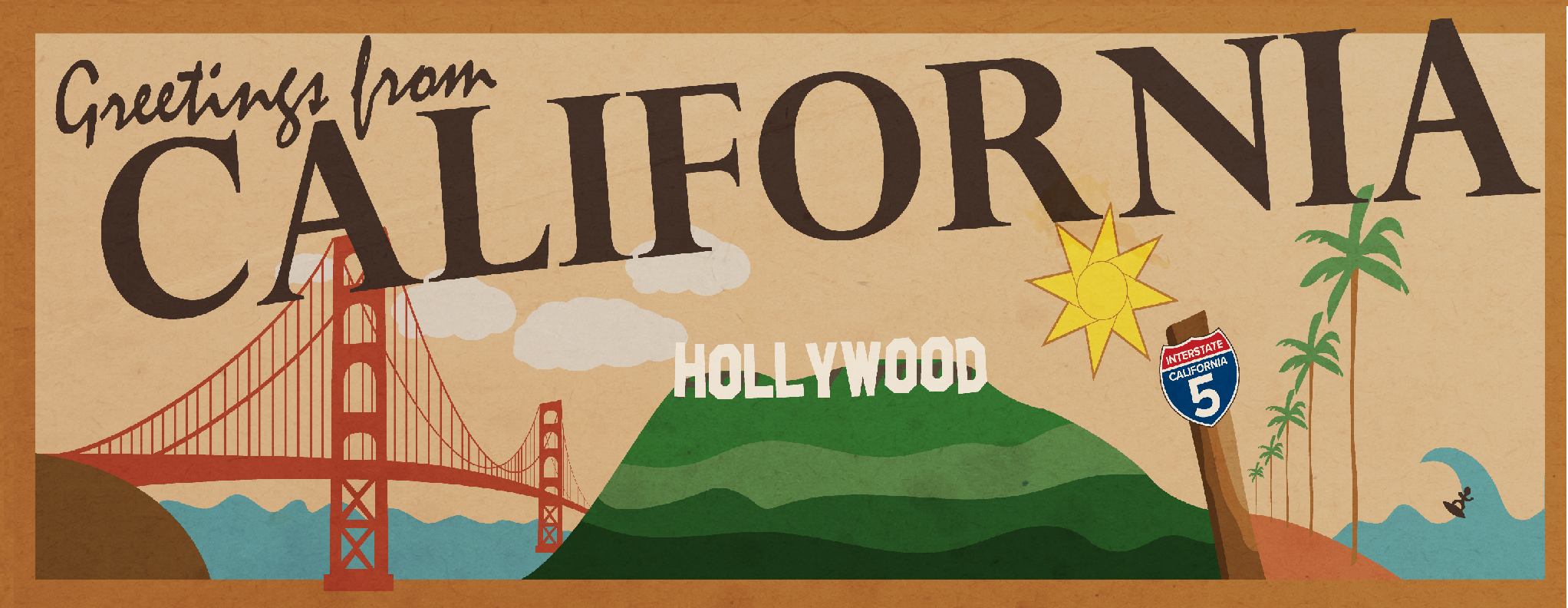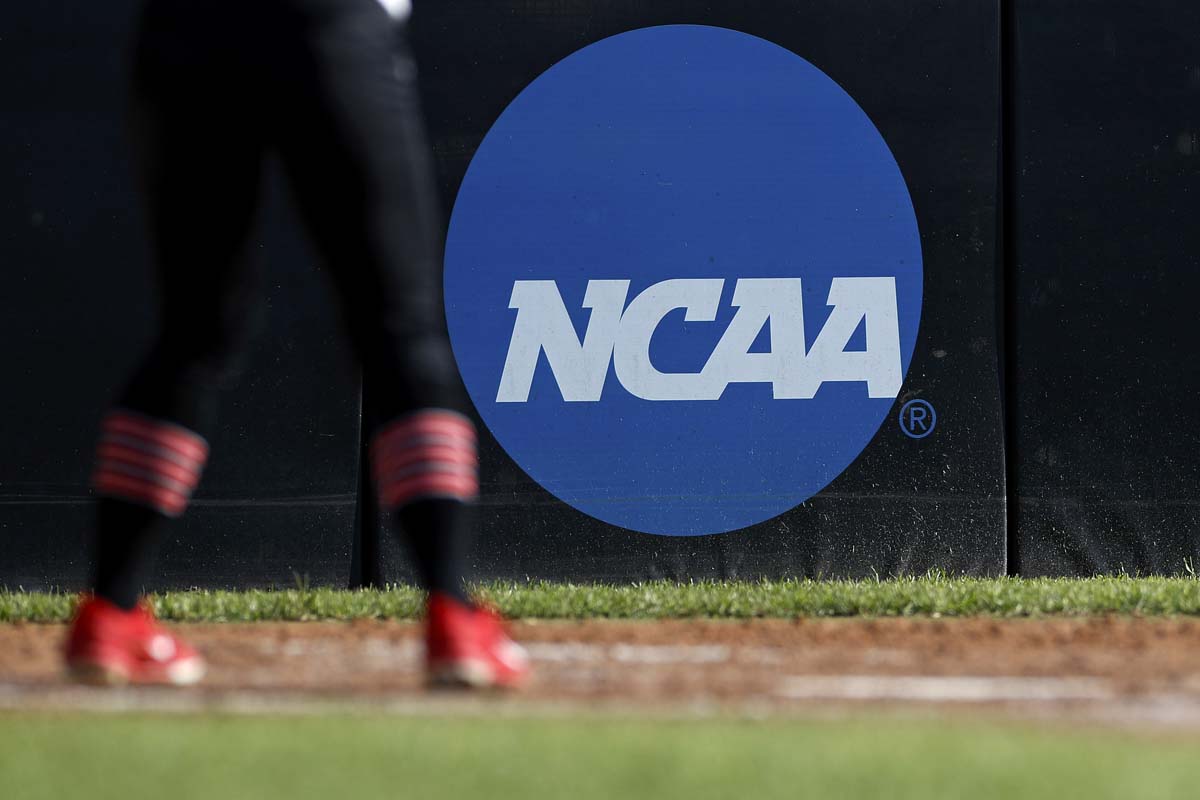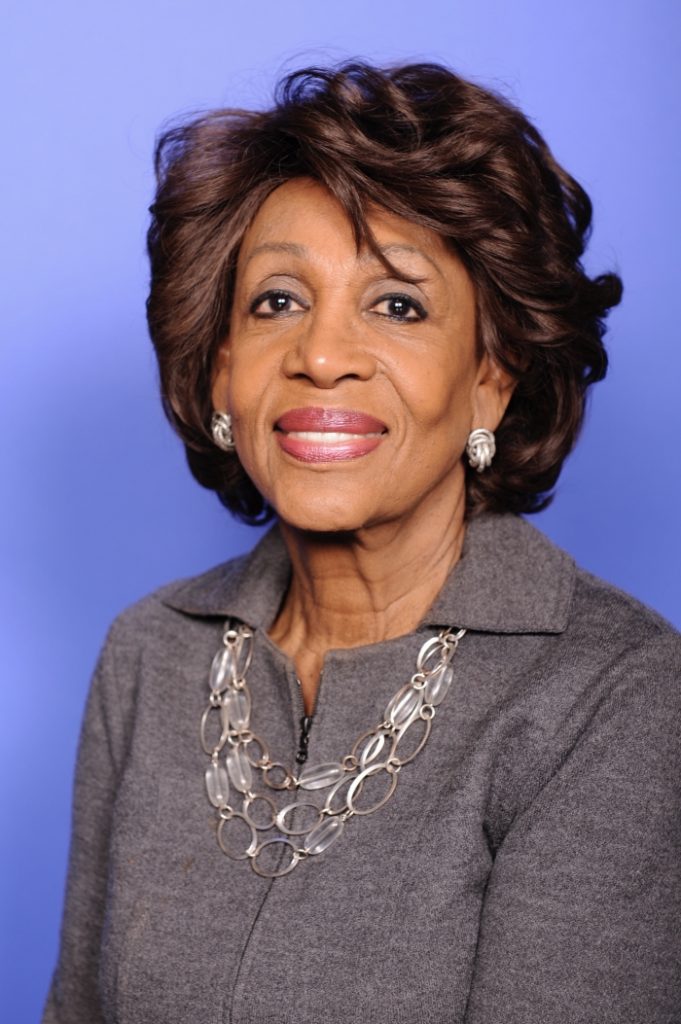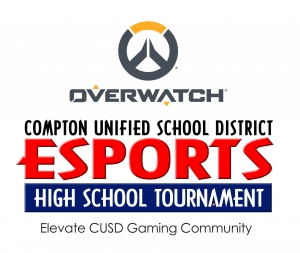California passed a law slated to give the state’s college athletes the ability to make money off their own names, images, and likenesses, and other states are considering doing the same. Spencer put together some questions you might share about this development, and former — but not current, which we cannot stress enough — lawyer Ryan provided some answers.
As the state of affairs changes, we’ll update this with new questions and new answers.
In your most lawyerly voice: What does this mean? (No, we’re not paying you for consult, because you are no longer a licensed attorney.)
The most lawyerly answer I can give you is “I don’t know yet,” though that’s not entirely true. I do know it means we’re gonna get a fight between the NCAA and California (and maybe some other states), because it directly undermines one of the foundational principles of the NCAA, that all athletes at all schools within the same classification (as in, Division I vs. Division I) are subject to the same rules and requirements.
This is the part where you and I pretend all schools in Division I have ever been on a level playing field.
Will athletes now get at least some of the money they generate for schools?
Not under this bill. California isn’t requiring schools to pay players; it’s giving players the freedom to make money on their own, like via endorsement deals. The bill specifically prevents players from taking contracts in conflict of a contract their team already has. (I assume that means if you play for a Nike school, you can’t get a sponsorship from Adidas.)
It even forbids schools, conferences, and the NCAA from compensating athletes for their names, images, and likenesses. This is unfortunate, as it means the Pac-12 cannot pay players to appear in ads about how they like playing when most of the country is asleep because the privacy is refreshing in our intrusive, social media-based society.
Will this affect all sports equally?
Yup! There’s nothing sport-specific in the law, so a volleyball player can make money selling autographs and a golfer can sign an equipment endorsement deal, the same as their counterparts in basketball and football.
Is this happening now? And by now, we mean “any time in the next 50 years?”
No/yes. By its own terms, the bill doesn’t take effect until January 1, 2023. Also the whole thing could get caught up in federal court, which might slow down the implementation considerably.
(The longest civil case in the history of the U.S. court system took 57 years to resolve, but that was about a Louisiana inheritance, so I doubt this will challenge for the all-time record.)
Is California the only place this is happening?
It’s the only place where an actual law has been passed, but a few other states are starting down that path.
Are any of those other states places that matter to college sports, or at least have decent chain stores and real populations?
A New York state senator modeled a September 2019 proposal after California’s bill, though he also added a provision requiring that 15% of a school’s athletic revenue go to student-athletes. Before California’s bill was signed, legislators in South Carolina, Florida, and Tennessee had filed and/or were thinking about filing similar bills, though “thinking about” and “getting a bill passed and signed” are very different. I know this because two different bills have stalled out in the Texas legislature requiring Texas and Texas A&M to play one another.
Still, it’ll probably snowball from there, because more and more politicians are going to recognize this is their opportunity to Show Leadership And Vision, even if they’re just piggybacking. Two Pennsylvania state representatives jumped on board with plans for their own proposal soon after California’s bill got signed, as did two representatives in Colorado, and an Illinois legislator submitted a bill that’s a duplicate of the California law.
What can the NCAA do about this? Please say “absolutely nothing, but if they do, they’ll probably try to get law students to do it for free.”
The three options seem to be:
- Capitulate and change their rules to allow all student-athletes to make money off their own likenesses. We might wind up there, but I think that requires more states to actually pass these laws and courts to start giving the NCAA bad rulings. If things go down this path, expect the NCAA to say they always thought this was in the best interest for college athletics and make it sound like this whole thing was their idea, not something they were forced into doing.
- Throw all the affected schools out of the NCAA. This seems the least likely, because now you’re fucking with television contracts and alumni bases and the Rose Bowl Druids. (The Rose Bowl Druids do not like being fucked with.) It also sets a really iffy precedent: if you boot California, you’re gonna have to boot any other state that passes a similar law, and you might create a competitor in the process if, say, California, Florida, and South Carolina team up to run an alternative college athletics conglomerate. I suggest they call it the Spring Break Destination Association, so Texas feels pressured to join.
- Sue. The NCAA’s got the money, and they’ve had success in federal court when states try to force them to be less NCAA-ish, most notably in NCAA v. Miller. In that decision, they got Nevada laws requiring additional due process protections for NCAA investigations overturned on the grounds that it violated the Commerce Clause. This law’s a little different, because it’s directed at schools and conferences as well as the NCAA, but Miller was decided, in part, on the idea that the NCAA needs standard national regulations to operate. Swap the states out in this portion of the ruling …
It puts the NCAA, and whatever other national collegiate athletic associations may exist, in jeopardy of being subjected to inconsistent legislation arising from the injection of Nevada’s regulatory scheme into the jurisdiction of other states.
… and you can see how California’s law might get overturned. But a lot of this turns on the cherished legal principle of “IDK, kinda depends on which judge you get?”
Okay, more to the point: What will the NCAA do in response?
My largely uninformed hunch: bluster for a bit, wait to see if other states follow suit, and sue if California seems to be the outlier.
Is there a larger deal to be cut with schools and the NCAA, if and when enough states pass legislation like this?
There will have to be, for two reasons.
One, the NCAA will not have any interest in maintaining a fractured system that varies, potentially wildly, from state to state.
Two, schools won’t want to get left behind. If the California law is upheld, for example, states like Oregon and Washington and Utah and Arizona and Colorado will have to jump on board themselves, because nobody wants to be the state “upholding the integrity of amateur athletics” if that also means “going winless in a West Coast conference, thus forever missing bowl games because you can’t recruit.”
And once enough/the right schools sign up for this system, the NCAA, which is in many ways just a shell corporation for the schools, will cave.
How are agents involved, and how will it land several of them in jail and/or civil court for defrauding clients?
California’s law, in relevant part, prevents schools, conferences, or the NCAA from punishing student-athletes who “[obtain] professional representation in relation to contracts or legal matters, including, but not limited to, representation provided by athlete agents or legal representation provided by attorneys.”
That has some fascinating ramifications. If you have an agent, maybe you’re getting better, earlier information on whether you should leave for the pros. Maybe they’re working with potential sponsors at your potential destinations as you enter the transfer portal. Maybe players start negotiating in groups under a handful of agencies. Maybe everything in the federal college basketball shoe trial becomes a legit and open transaction.
Maybe Jimmy Sexton can get you a new coach and a whole new roster! (You should look into this, Vanderbilt.)
What are the Title IX issues here, if any?
[Puts on “I am not an expert on Title IX” shirt.] There shouldn’t be any. Title IX, broadly speaking, concerns the opportunities, scholarships, and institutional support each college gives to women and men in athletics. But California’s law is only about compensation from outside entities.
Does the NCAA lose money on this deal? Do the schools lose money here?
Maybe! Though not necessarily in immediate ways.
The NCAA and Pac-12 want you to think this would destroy college sports, which suggests they’re worried about their money, but also says they don’t think the vast majority of players could make money anyway. I say we try it and find out!
Most importantly, how will programs abuse the hell out of this rule immediately?
Start floating numbers to middle schoolers who look promising, since they’d be in line to benefit from this.
Bonus: middle schoolers think almost any amount of money is a lot. The idea of $10,000 to a middle schooler (non-Instagram influencer division) is basically a fortune.
Let’s talk about my needs here for a minute. Will I get my video game back?
Not yet. There’s the whole 2023 thing, and as of now, that theoretical game would only include California schools and players if they negotiated a deal.
But the more the restrictions around student-athlete likenesses start to loosen, the better the chances that EA will eventually be able to cut a deal that makes the game a legal possibility.




